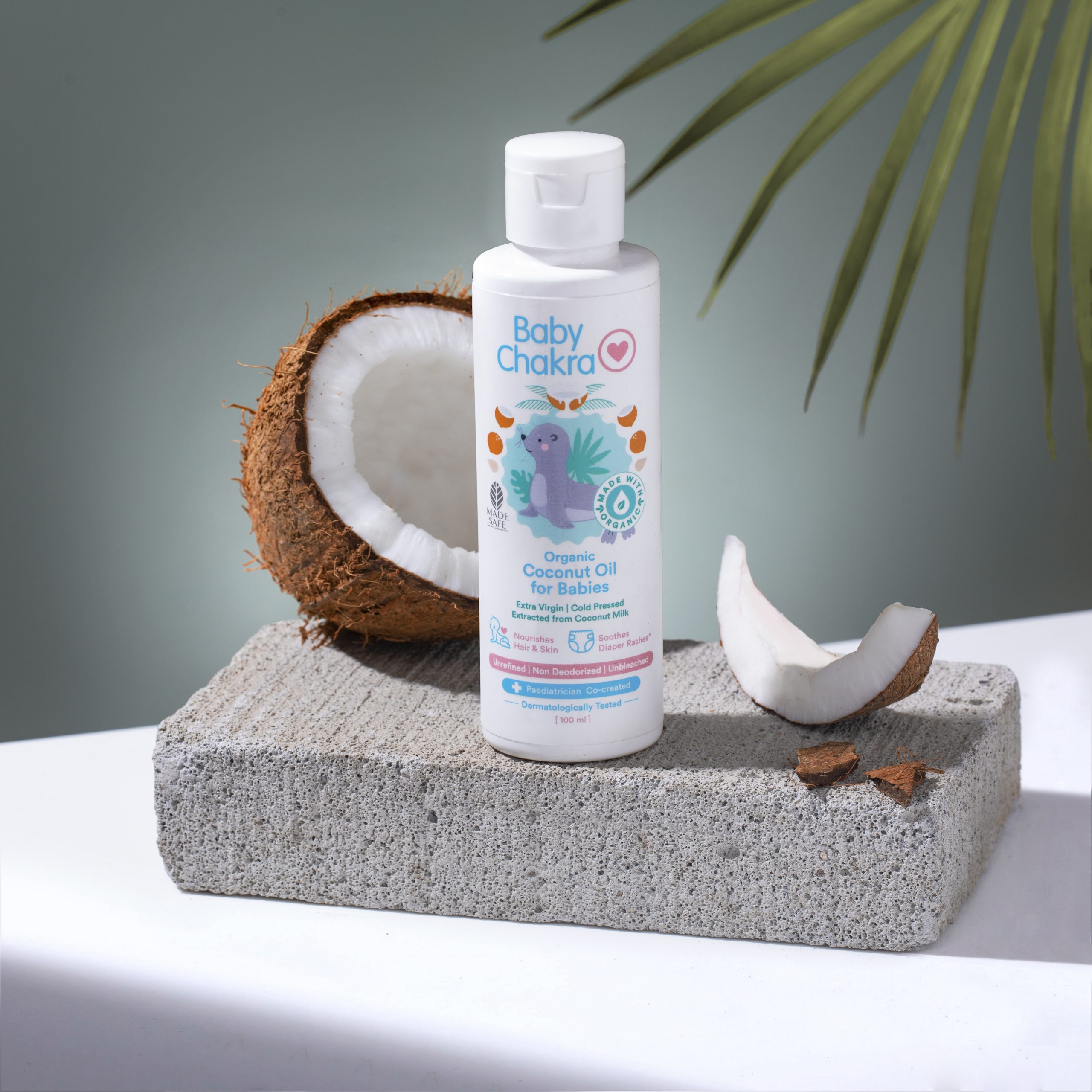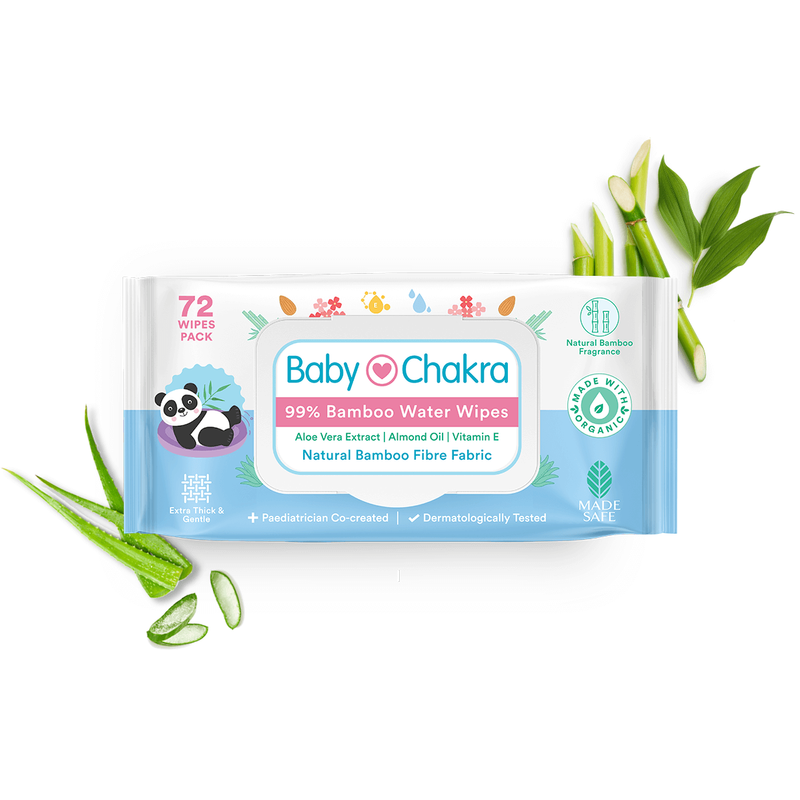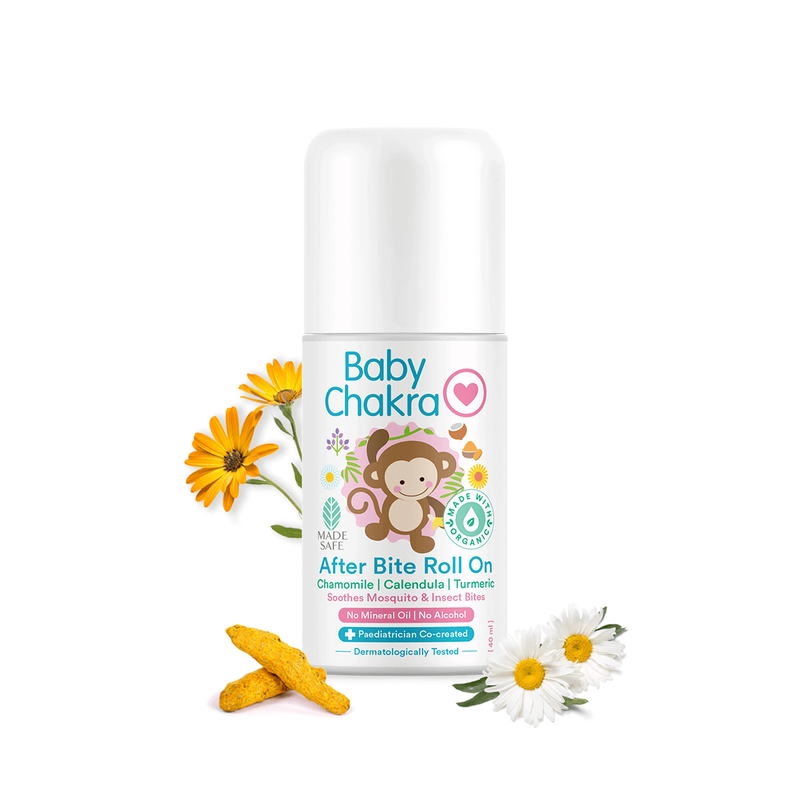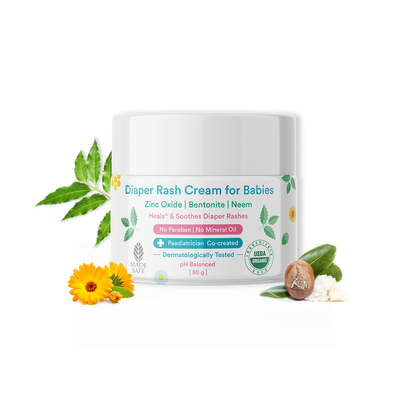
These Traditional Practises Of Skincare For Babies From Around The World Is Sure To Surprise You!
29 Mar 2023 | 5 min Read
Manisha Pradhan
Author | 1053 Articles
Babies are precious and require the utmost care and attention, especially when it comes to their delicate skin. For centuries, parents around the world have developed various practices for skincare for babies that are rooted in cultural traditions and have been passed down from generation to generation.
While there are countless skincare products for babies available in the market, many parents still rely on traditional practices passed down through generations. From using natural ingredients to specific rituals, here are some traditional baby skincare practices from around the world.
Traditional Practises Of Skincare For Babies From Around The World
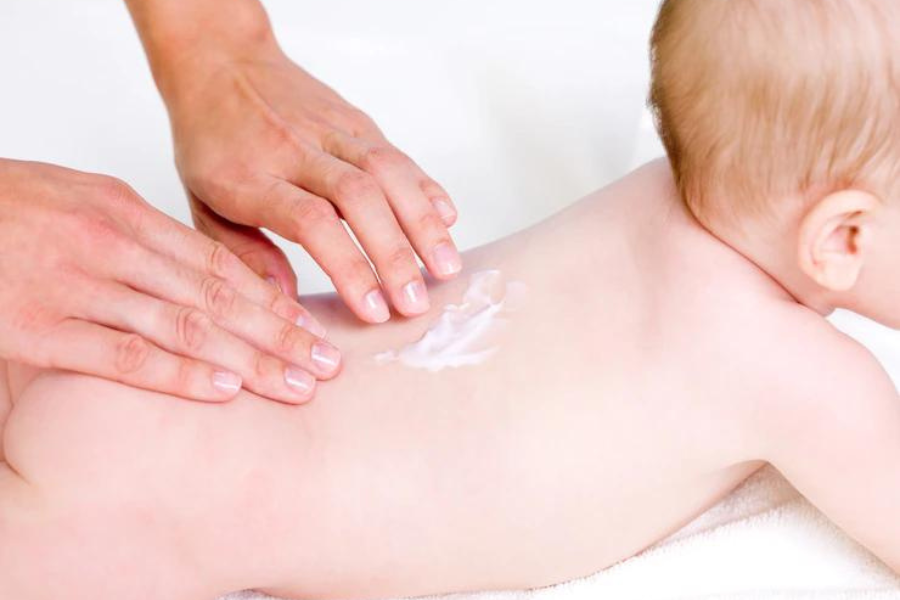
Ayurveda (India)
Ayurveda is an ancient Indian practice that emphasises holistic healing and balancing the body, mind, and spirit. When it comes to skincare for babies, Ayurveda recommends the use of natural ingredients such as turmeric, neem, kesar, coconut oil, and sandalwood.
Turmeric is a popular ingredient used in many Ayurvedic skincare products due to its antibacterial and anti-inflammatory properties. It is believed to help soothe skin irritation and promote healing.
Neem, on the other hand, is known for its antibacterial and antifungal properties and is commonly used to treat skin infections. Sandalwood is also used for its cooling and soothing properties, making it a popular ingredient in baby powders.
Pibu Care (South Korea)
Pibu Care is a skincare practice in South Korea that emphasizes the use of gentle, natural ingredients to nourish and protect a baby’s skin. One of the key ingredients in Pibu Care products is a bamboo extract, which is rich in antioxidants and helps to soothe and protect the skin. You may also want to check the BabyChakra Natural Bamboo Wipes which are made with all-natural ingredients for a baby’s delicate skin.
Other common ingredients include Centella Asiatica extract, which helps to strengthen the skin barrier, and green tea extract, which is rich in vitamins and minerals and helps to soothe and moisturize the skin.
Maori Rongoā (New Zealand)
Maori Rongoā is a traditional Maori practice that uses native plants to treat a range of health conditions, including skin ailments. When it comes to skincare for babies the Maori people use harakeke, also known as New Zealand flax.
Harakeke has antibacterial and anti-inflammatory properties and is used to treat skin conditions such as eczema and diaper rash. The leaves of the plant are boiled and the resulting liquid is applied to the affected area.
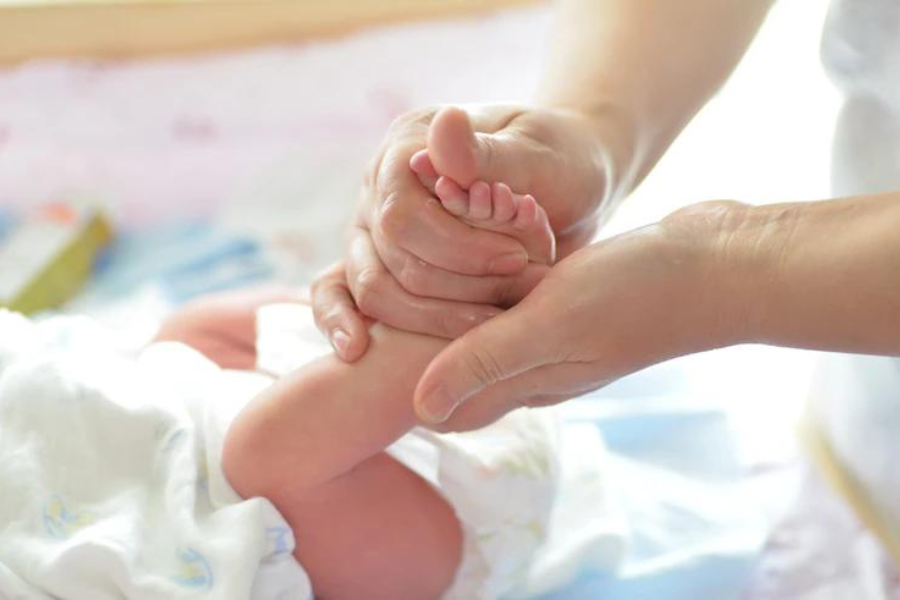
Kacip Fatimah (Malaysia)
Kacip Fatimah is a traditional Malaysian herb that is used to treat a range of health conditions, including postpartum recovery and skincare. When it comes to baby skincare, Kacip Fatimah is believed to help soothe and protect the skin.
The herb is boiled and the resulting liquid is applied to the skin, helping to moisturize and protect it from dryness.
Onsen (Japan)
In Japan, babies are often bathed in hot springs or onsen, which are believed to have healing properties. The minerals in the water are said to soothe skin irritations and promote relaxation.
In addition, Japanese mothers use a special cloth called a “tenugui” to gently exfoliate their baby’s skin during bath time.
Chamomile Tea (Russia)
Russian mothers often use chamomile tea to bathe their babies. Chamomile has anti-inflammatory properties that can soothe skin irritations, and the tea can also help to relax the baby.
Argan Oil (Morocco)
In Morocco, argan oil is a popular ingredient for baby skincare. Argan oil is rich in vitamin E and fatty acids that can help moisturize and nourish the skin. Moroccan parents also use rhassoul clay as a natural cleanser for their babies.
This clay is believed to help draw out impurities and leave the skin feeling soft and smooth.
Jade Roller (China)
In China, it is common for parents to use a jade roller to massage their baby’s face. This practiceof skincare for babies is believed to promote circulation, reduce swelling, and promote relaxation. Additionally, many Chinese parents use rice water to bathe their babies.
Rice water is said to have a calming effect on the skin and can help to prevent diaper rash.
Aboriginal Bush Medicine (Australia)
Aboriginal Bush Medicine is a traditional practice in Australia that uses native plants to treat a range of health conditions, including skin ailments. One of the most commonly used plants is tea tree oil, which is known for its antibacterial and antifungal properties.
Tea tree oil is used to treat a range of skin conditions, including eczema and nappy rash. It is also used to repel insects, which can be particularly helpful in skincare for babies during the summer months.
Whether it’s Ayurveda in India, Pibu Care in South Korea, Maori Rongoā in New Zealand, Kacip Fatimah in Malaysia, or Aboriginal Bush Medicine in Australia, these practices offer valuable insights into the power of natural ingredients and the importance of caring for baby’s skin with gentle, loving attention.
Check out these baby skincare products that are made with traditional natural ingredients:
Also Read:
Baby’s First Summer: 8 Must-Have Summer Skincare Essentials
Your Baby Care Products Must Not Have Mineral Oil.
Cover image source: freepik
A


Suggestions offered by doctors on BabyChakra are of advisory nature i.e., for educational and informational purposes only. Content posted on, created for, or compiled by BabyChakra is not intended or designed to replace your doctor's independent judgment about any symptom, condition, or the appropriateness or risks of a procedure or treatment for a given person.

